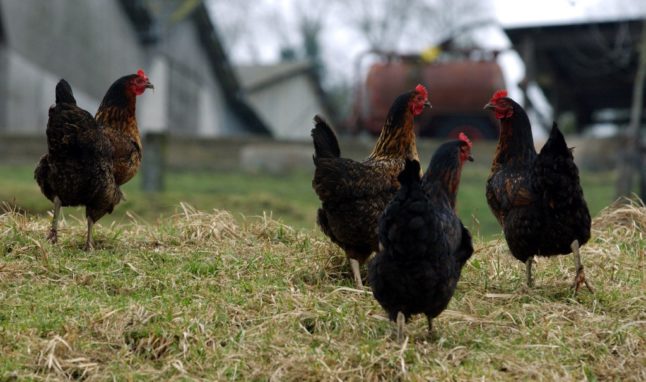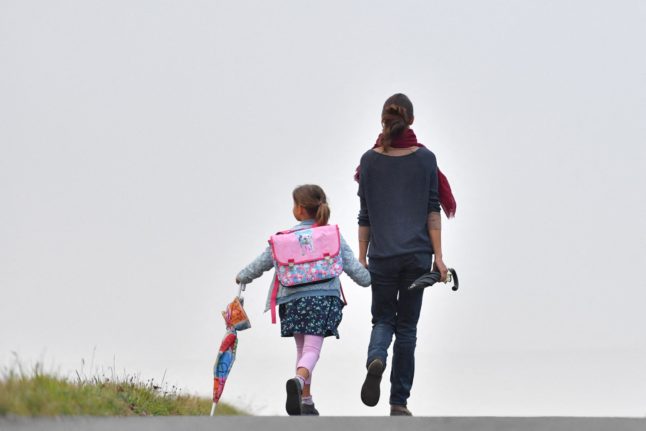The French tax system can be daunting if you are not used to it, so as we again approach the annual tax season here’s what you need to know about filling in your income tax declaration.
How to file your 2023 French income tax declaration
You may have heard that there’s a spot of bother in France over government plans to reform the country’s complex pensions system.
Away from the protests, however, Parliament has been doing its job and the bill at the heart of the matter is moving through the system. The question is: where is it in the parliamentary process? What happens next, and when could – if it gets that far – the bill become law? We’ve done the working out, so you don’t have to.
What next for France’s controversial pension reform bill?
As idle-moment thoughts turn to summer holidays, you may be thinking of heading somewhere in France.
Popular with French tourists but perhaps less well known to international visitors are little islands off the west coast of the country – here are three French islands that you should add to your holiday list.
3 French islands to visit this summer
On a more practical note, if you move to France, sooner or later you will have to swap your driving licence for a French one – but what happens when you want to drive in other countries? Here, we look at which countries French licences are valid in, and where you will need an International Driver’s Permit.
Which countries can I drive on my French licence in?
So, it turns out that Cocaine Bear – a strangely entertaining Hollywood film loosely based on a true story about a bear high on a certain illegal substance (you’ll never guess which one) – has been retitled Crazy Bear for French cinema audiences. No, we don’t know why, either. But it’s definitely not the first film to get renamed in translation…
Puns, sex and urban legends: How English movie titles are translated into French
Let’s round off this week with a positive environmental story all about… chickens. Stick with us here: local authorities in one French town have announced that community members can apply for free chickens to help reduce food waste, just one of many green initiatives being taken by French municipalities.



 Please whitelist us to continue reading.
Please whitelist us to continue reading.
Member comments